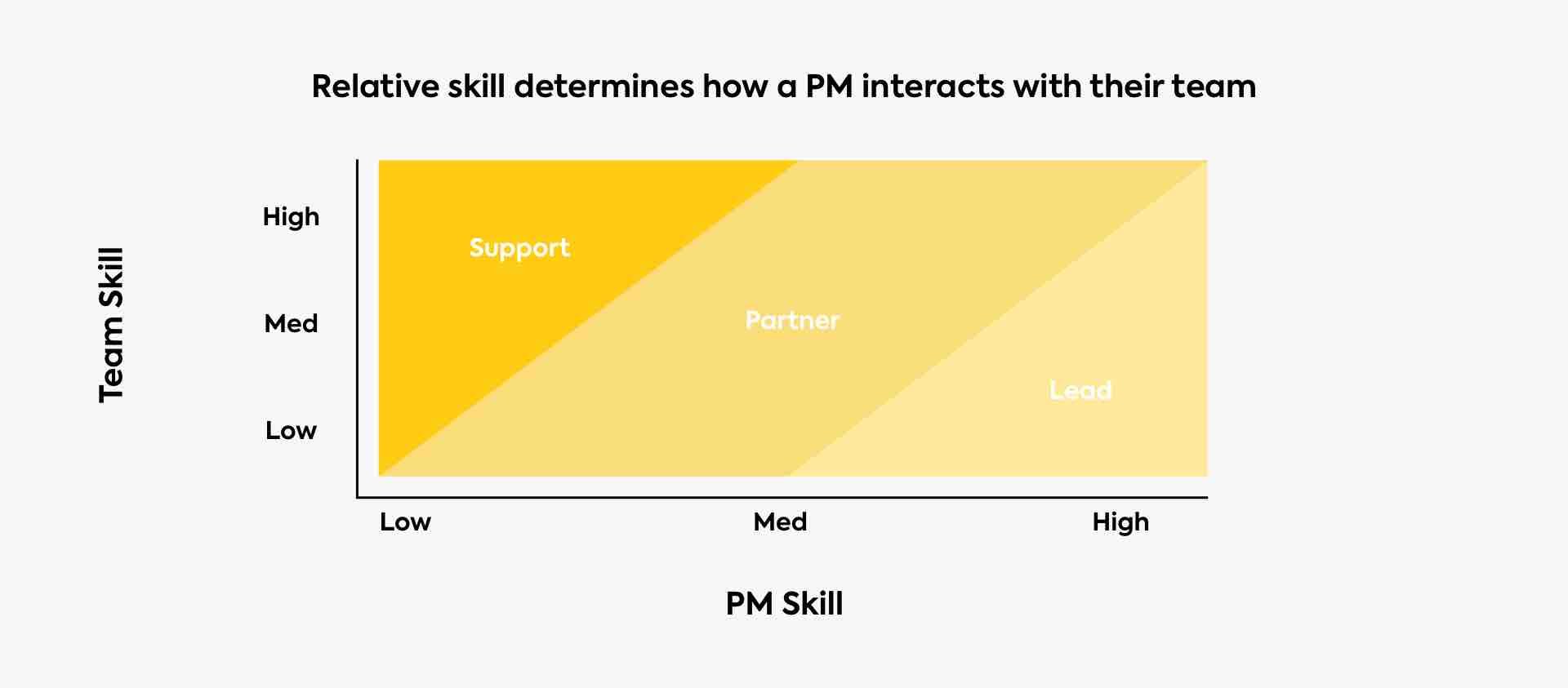Welcome to the Product Manager’s Handbook Series! This series is for every Product Manager out there who is looking to master their craft and learn how to deliver excellent products quickly and efficiently. All the articles in this series will be added below:
All Articles In This Series:
- Two Key Principles Of Product Management
- How To Make The Best Project Decisions As A Product Manager
- How To Be A Great Product Management Leader?
- Why Is UX So Important For Product Managers?
- Using UX Techniques To Make Better Product Decisions
- The Best Mental Models For Product Managers
- Testing From The Product Manager’s Perspective
- How To Use Deadlines Effectively In Product Management?
- 6 Biggest Myths About Product Development
- A Day In Life Of A Product Manager
The Two Key Principles Of Product Management
The most important things that every Product Manager does can be boiled down to two key principles of product management. First – maximizing the project’s input to the mission and second – managing and enabling your team. Each product you ship should bring your company closer to fulfilling your mission. It doesn’t matter whether that mission is to make tons of money, help the environment or anything else. The work of a Product Manager revolves around the company’s mission. Product Managers are also not the ones to directly build the product with their own hands (or computers). This means that they rely on others to achieve certain goals. And that’s the key skill of every PM – they need to be able to lead the team in such a way that they work effectively, efficiently and stay focused on the mission.
How Can You Do All Those Things In Your Daily PM Work?
As I already said, Product Managers aren’t directly involved in building the product. But they are still responsible for aligning the team’s work with the mission. The key to doing this is product strategy. How to develop a strategy that maximizes the project’s input to the mission? You need to focus on three main points:
- The Goal
- The Environment
- The Resources
The Goal
Defining the goal is crucial for every PM. Starting to work on your product strategy before you fully understand the project’s goal is like shooting in the dark. You need to ask your leadership a lot of hard questions about the mission, its origin and the story behind it. You also need to be aware of what’s going on in the company outside your team. What are others doing to input to the mission? Ensure that you are fully aware of what your goal actually is before moving forward with your product strategy.
The Environment
The next thing you need to analyze to create a great product strategy is the environment. Of course, it’s impossible to predict the future but you can still analyze the environment and make educated guesses. If there’s certain things happening today, they might lead to a certain outcome in the future. How will that impact your product’s development? Consider all things that might impact your delivery along the way and think about the most probable scenarios.
The Resources
Lastly, resources. Everything from your budget to your team. A good product strategy takes resources into account. After all, it’s the resources that get you from point A to B. Analyzing your resources before starting the project is also crucial for assigning tasks and enabling your team to do better.
Maximizing The Project’s Input To The Mission
Think about your strategy like it’s a car trip plan. There’s your resources like what car do you have, what’s your budget, how long can you go away for; there’s your goal – where do you want to go; and there’s the best way to get there considering all the different obstacles like paid highways, roads under construction, weather conditions in certain areas etc. Continuing with the car trip metaphor, when it comes to making it to your destination, you as a Product Manager rely completely on others to achieve this goal. Not only aren’t you in the driver’s seat, you’re not even in the car.
Relying Completely On Your Team
Once, I’ve come along a great analogy to who a PM is. And that’s a football coach. As you know, coaches don’t play. A Product Manager is not supposed to do any of the hands-on work. Sometimes it happens that you will do a marketing task or a design task. But your goal should be to not do any of this stuff. Let’s talk about 6 crucial things you need to remember if you want to be a great Product Manager.
1. Strive to be useless
It may seem weird to think of being useless as your goal, but that’s what ultimately makes you a great PM. The better you guide and empower your team, the less they’re going to need your help.
2. Adapt your management style to your and your team’s skill
Take a look at this simple matrix:
The way you manage and interact with your team should depend on your and their skills. If your team is mostly juniors and you yourself are a fresh PM, your role will be that of a partner. The same goes for experienced PMs with experienced teams. If you try to lead them, it won’t work, because in both cases, your authority could be undermined. And similarly, you can’t just be a supportive voice. However, if you are more experienced than your team you will need to take on the role of a strong leader. If on the other hand it’s your team who’s more experienced than you – take on the supporting role and put a strong emphasis on their professional judgement.
Analyze your relative skill to your team’s relative skill and place yourself on this matrix to decide on the best management approach. This will provide you with a strategy to best utilize your team’s skills and potential.
3. Success belong to the team
Think back to our football metaphor. When a sports team wins, it’s not the coach who gets the credit. With Product Development teams it’s the same. Never take away your team’s success and claim it as yours. Instead, focus on celebrating their achievements.
4. Understand your team’s work
If you want to be a great PM, you need to have a deep understanding of the tasks your team members do. And not only in terms of how long a task takes to complete or how hard it is. You also need to understand that some tasks are more fun and exciting while others are repetitive and plain boring. When planning your works and then managing it, think about how you assign tasks and have empathy for those who are currently dealing with more mundane work.
5. Don’t undermine the leader
It often happens that a leader emerges among a product development team. It’s typically an engineering or a UX design lead. If that happens, you need to support this person instead of trying to undermine them. Work on making them more influential among the team. After all, it will bring you closer to being useless.
6. You need to take care of your team both intellectually and mentally
The last thing about being a great PM is taking care of your team. You need to ensure they’re constantly learning and developing new skills. You also need to monitor and manage their mental state. Noticing the signs of burnout, dips in excitement etc. and reacting as soon as possible is key if you want your team to deliver excellent products.
All these things will make you a great Product Manager. But you need to be able to put those two principles together. Creating an excellent product strategy will be useless without the right team management and vice versa. You need to constantly keep those principles of product management in mind and work on improving yourself daily.
To watch the Product Manager’s Handbook Series, click here to visit our YouTube channel. If you’re looking for a product development team to work with to deliver excellent products and results, contact us!

